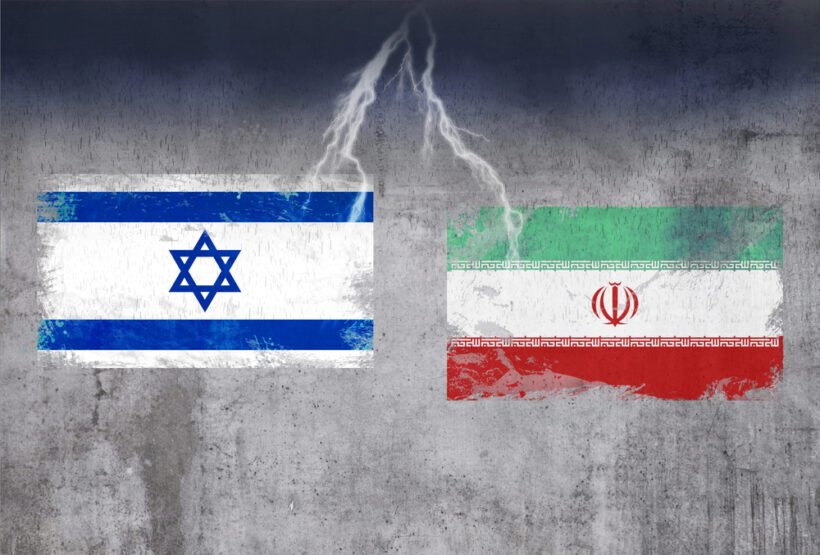In the aftermath of the twelve-day war between Iran and Israel, many observers in Iran—and increasingly in the international analytical community—are raising concerns that another, far more expansive confrontation may be looming. Despite the costs of the last conflict, Israeli Prime Minister Benjamin Netanyahu appears poised to repeat the same strategic mistake, this time with potentially deeper and more irreversible consequences.
From the perspective of many Iranian analysts, Netanyahu’s motivations are no longer grounded in national security or regional deterrence. Instead, his recent decisions reflect a desperate political calculus: to secure his own survival amid growing domestic opposition, judicial investigations, and eroding legitimacy. In this light, his reliance on external conflict has become less about protecting Israel and more about shielding himself from accountability.
Netanyahu’s strategy echoes a well-worn tactic of embattled leaders throughout history—manufacturing or prolonging military conflicts to distract the public, delay domestic reckoning, and reframe political debates around national unity and survival. But the repeated use of this strategy carries diminishing returns. Each new confrontation risks exposing the limits of Israel’s military effectiveness and deepening its isolation in the international arena.
The recent war offered valuable lessons. Iran, acting alone and without activating its allied networks such as Hezbollah or the PMU in Iraq, was able to launch sustained missile strikes deep into Israeli territory. Despite years of investment in air defense and intelligence coordination with Western allies, Israel failed to prevent significant damage to its defense infrastructure and critical assets. More importantly, Iran’s response showcased not just military capacity, but a resilient strategic doctrine rooted in asymmetric warfare and national resolve.
For Netanyahu, however, the war did not end in a decisive Israeli victory. And therein lies the political danger: a ceasefire without triumph is, for hardliners, indistinguishable from defeat. Facing mounting pressure at home—from protesters, political rivals, and the judiciary—Netanyahu appears locked into a war-driven survival strategy. As long as conflict continues, scrutiny is deferred. Questions remain unanswered. Critics are labeled as unpatriotic. War becomes the glue holding together an otherwise fractured leadership.
Yet this cycle is inherently unsustainable. Each escalation brings Israel closer to the brink—militarily, diplomatically, and economically. With every missile exchanged and every headline dominated by war, Israel’s strategic depth narrows, its alliances fray, and its deterrence credibility weakens. Worse still, it is becoming increasingly evident that Netanyahu is sacrificing long-term national security for short-term political continuity.
In Tehran, the anticipation of renewed conflict is tempered by readiness. Officials and analysts alike expect another confrontation, but one they believe Israel cannot afford to win nor Iran afford to lose. Unlike the previous war, any new escalation may trigger a broader regional alignment—possibly drawing in actors such as Hezbollah, the Houthis, and even non-state proxies across the region. And while the United States may once again stand behind Israel, the question remains: at what cost?
Netanyahu’s gamble is thus not just military—it is existential. By treating war as a political utility, he has fundamentally misread the shifting dynamics of the region. Iran has proven its ability to absorb attacks and retaliate in measured, asymmetric ways. More importantly, it has reshaped the narrative: survival itself becomes a victory, and persistence in the face of overwhelming force becomes resistance.
If Netanyahu continues on this path, Israel may soon find itself in a protracted conflict it cannot end, and from which it cannot extricate itself without political upheaval. The danger is not just military defeat—but strategic exhaustion, international alienation, and internal collapse.
In the end, a nation’s strength is not measured by how many wars it can start, but by how wisely it can avoid the wrong ones. Netanyahu’s pursuit of perpetual conflict may offer temporary political shelter, but at the growing expense of Israel’s long-term viability. The world is watching—and many are realizing that the real threat to Israeli security may not lie across its borders, but within its leadership.






